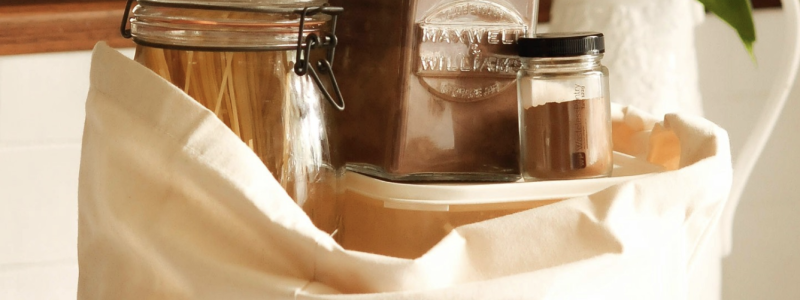Sustainable grocery shopping can be done! In the realm of sustainable living, choosing to refill rather than recycle or compost packaging during your weekly grocery shop emerges as a superior choice. Especially within the context of Western Australia. While recycling and composting have their merits, they’re hampered by limitations and inefficiencies. A significant portion of materials cannot be recycled locally. Many must be transported interstate or even internationally for processing, increasing carbon footprints and undermining the sustainability of the recycling process.
Moreover, the distinction between home compostable and industrially compostable materials adds another layer of complexity. Items like disposable coffee cups, are often marketed as ‘compostable’. Typically these require industrial facilities to break down, facilities that are not universally accessible. This means that without the proper processing, these items may not decompose as intended, leading to potential environmental harm.
Refilling, on the other hand, minimizes waste from the outset. By using reusable containers and purchasing products in bulk, consumers significantly reduce the need for single-use packaging. This leads to a more sustainable and impactful practice. This not only conserves resources and energy but also lessens the reliance on recycling and composting systems, which, as noted, come with their own sets of challenges.
Ultimately, refilling is a proactive step towards reducing waste and promoting environmental sustainability. It encourages a shift in consumer behavior that, if adopted widely, could lead to substantial positive impacts on waste reduction and resource conservation, aligning more closely with the ideals of a circular economy.
Enter Wasteless Pantry: your go-to for ditching the packaging drama and achieving sustainable grocery shopping. We make refilling easy and fun, so you can skip the recycling guesswork and do your bit for the planet with every shop, whether it is in-store or online.

